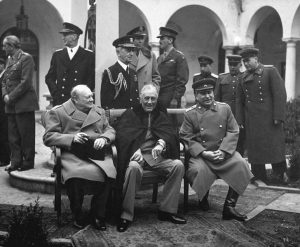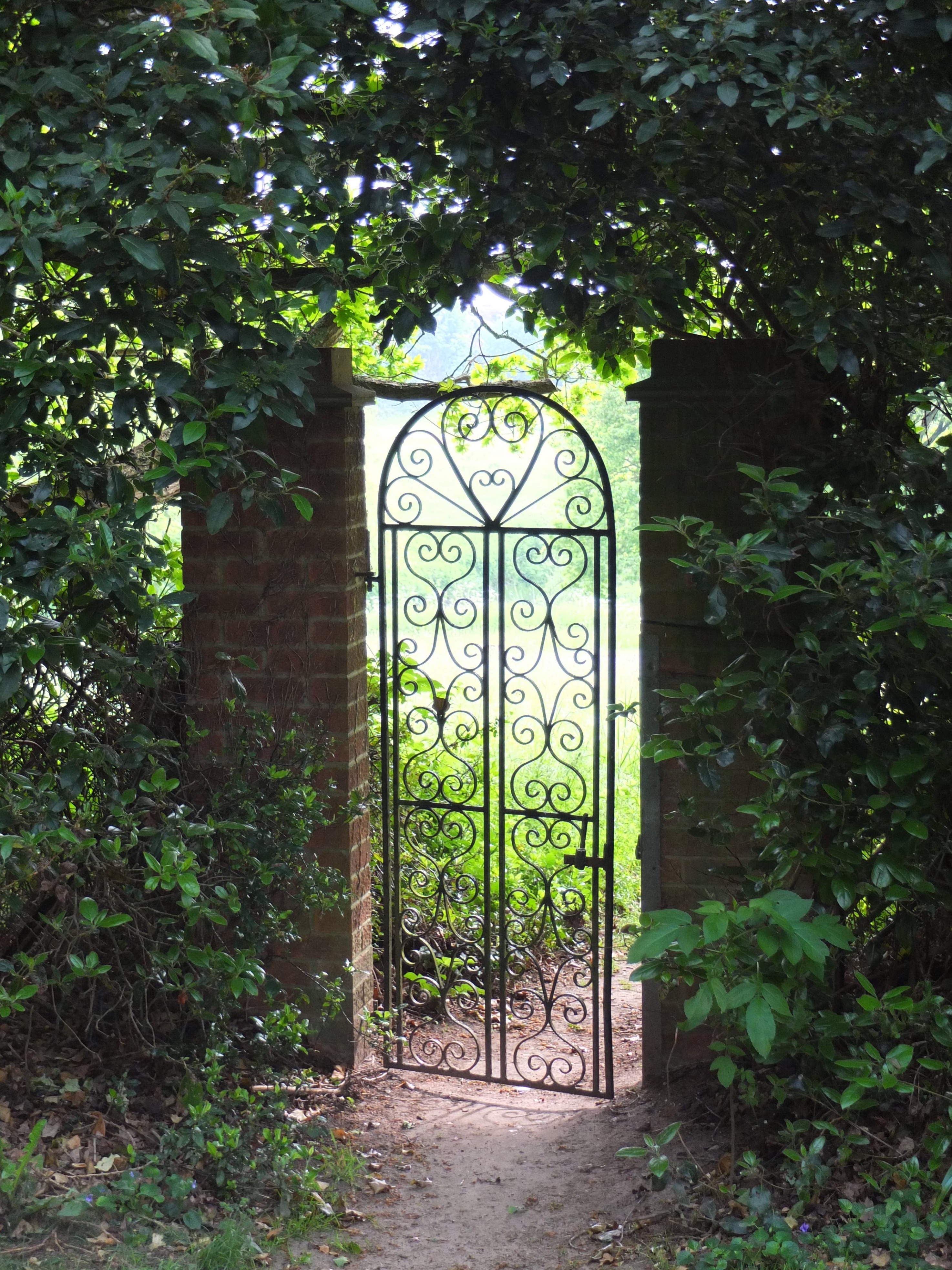 “We have wasted History like a bunch of drunks shooting dice back in the men’s crapper of the local bar.”
“We have wasted History like a bunch of drunks shooting dice back in the men’s crapper of the local bar.”
Charles Bukowski
I watched again the other night Cambridge University Professor David Reynolds’ fascinating documentary for the BBC on Winston Churchill’s long struggle during 1942 and 1943 to promote his preferred campaign in North Africa – and thence up through Italy and the Mediterranean islands to attack what he called ‘Hitler’s soft under-belly’ – in the face of constant and increasing pressure from the Americans and the Russians to open a second front on the European mainland by effecting a landing in France.
Professor Reynolds provides an excellent summary of the reasons for Churchill’s resistance, long beyond the point at which it must have been clear to him that the Overlord landings were not only inevitable but – in the face of the Soviet advances in Eastern Europe – increasingly vital should the British hope for any say in the shaping of post-war Europe.
Under political pressure in the UK as a result of the military disasters of 1941 and 1942 – the which had led to two votes of confidence in parliament – Churchill (and the country) was greatly in need of a victory. With his understandable fear of another catastrophic stalemate in the fields of France and the low countries (or of an attempted landing ending in disaster) having its roots in his experiences of the first war, Churchill took the view that any such success was more likely to be found in Africa than on the European mainland.
Churchill’s thinking was further informed by considerations that were of little consequence to the Americans or the Russians – those of empire. He saw maintaining control of the Mediterranean and of Egypt as vital to the continuance of British interests in India and in the colonies to the east. Professor Reynold’s documentary (along with Max Hastings 2010 book on Churchill’s war, the which I also read of late) brought home to me anew Churchill’s growing realisation – during the closing years of the war – that Britain’s position in the world order had been diminished irrevocably by the need to rely on intervention by the American and Soviet superpowers to save Europe. Even so, his sentimental attachment to the notion of a ‘special relationship’ with the US prevented him from recognising that the price to be paid for this salvation would be the ultimate surrender of the British empire.
The Second World War and the half century (and more) of world-wide chaos that followed have been so widely documented and discussed that it is difficult to reconcile what we now know and understand of the period – and of the vast change in Britain’s place in the world – with some of the shrill voices that are to be heard from Britannia in these troubled times. It is difficult enough to observe the resurgence of nationalism across a continent that has good cause to fear exactly that, without also having to listen to those voices that seem almost to be calling for a return to the mythical days of yore.
As Churchill knew all too well in his twilight years – those days are long, long gone!


Recent Comments